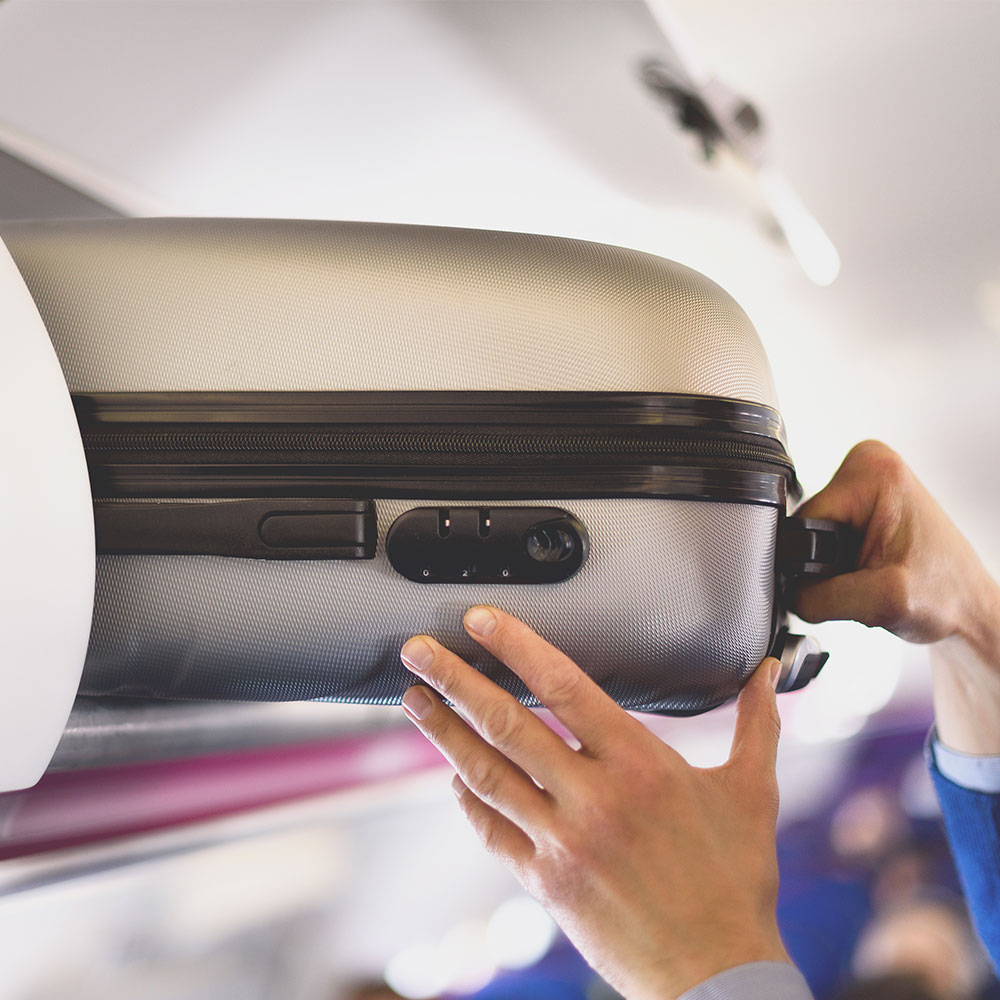Medications & Traveling: What You Need to Know
Summer’s almost here which means vacation season is underway. While we usually carefully plan our travel itinerary and vacation wardrobes, we should put the same amount of planning into the medications we bring with us on our travels. From how to pack your medication to what to do if you run out of medicine abroad, we’ve rounded up the top tips to help ensure your next adventure goes smoothly.
PreTravel: What to Do Before You Go
Planning the medication you travel with is crucial before you leave for your trip. If you’re traveling abroad, this is especially important since some medications have restrictions or are even illegal in some countries. For example, in Japan, you can only bring Benadryl in a 10 mg dosage form. Here are a few tips to make sure you have what you need before you travel.
- Make a doctor’s appointment 4-6 weeks before your trip to get all proper vaccinations and medication before you travel.
- Discuss your medications and where you’re traveling with your independent pharmacist to ensure there aren’t any restrictions. For example, an antibiotic might not mix well with the sun and/or alcohol.
- Research to ensure the medications you’re taking are permitted in the country you’re visiting.
- If the medication is not permitted, discuss alternative medication options with your independent pharmacist. Have a letter outlining your condition along with a treatment plan.
- Call the hotel ahead of time to ensure your medical storage can be accommodated. For example, if you are taking Insulin, you might need a refrigerator in your room to store the medication.
Packing: Traveling with Medication
How and what you pack is essential to preparing for your trip. You never want to get in a situation where you run out of medication, or TSA confiscates it because it wasn’t stored in your luggage correctly. Here are a few tips for packing your medication:
- Always keep your medicines in a carry on bag – if your luggage gets lost, you never want to be without your prescriptions.
- Pack extra medication in case you run into delays on your trip.
- Keep the medication in their original prescription bottles. They should be clearly labeled with the name shown on your ID/passport, physician’s name, medication name, and dosage.
- If you prefer not to take the original bottle, request that your independent pharmacist provides a travel bottle with the proper labeling.
- Bring a copy and leave a copy of your prescription with a family member or friend. This will be important in case you lose your copy or need an emergency refill.
- Pack a note written by your doctor for any controlled substances you’re bringing on your trip. This may be required when traveling abroad.
During Travel: Purchasing Medication Abroad
You should always plan on having your medication for your trip before you leave. In an emergency, you might need to purchase medicines while you are abroad. However, there’s always a chance the medication you need may not be available, or it doesn’t meet U.S. standards.
In many developing countries, counterfeit medication is a big issue. If you must purchase medication while traveling out of the country, here are a few tips to reduce the chances of purchasing counterfeit medicines:
- Call the closest U.S. embassy or consulate. They should be able to recommend doctors and pharmacies that provide reliable medication.
- Only purchase medications from licensed pharmacies and never from open markets.
- Ensure that the medication has the same active ingredients as the medication you were taking.
- Purchase the medication only if it’s in its original packaging.
- Pay attention to the packaging. Often, poorly packaged medication could indicate the drug is counterfeit.
When in doubt, never hesitate to reach out to your independent pharmacist. Your vacation should be spent relaxing and making everlasting memories – not worrying about your medication. With the proper planning and research, your medication shouldn’t get in the way of having a great time.
https://www.cdc.gov/features/travel-medicine/index.html
https://www.cheapflights.com/news/traveling-with-medication
